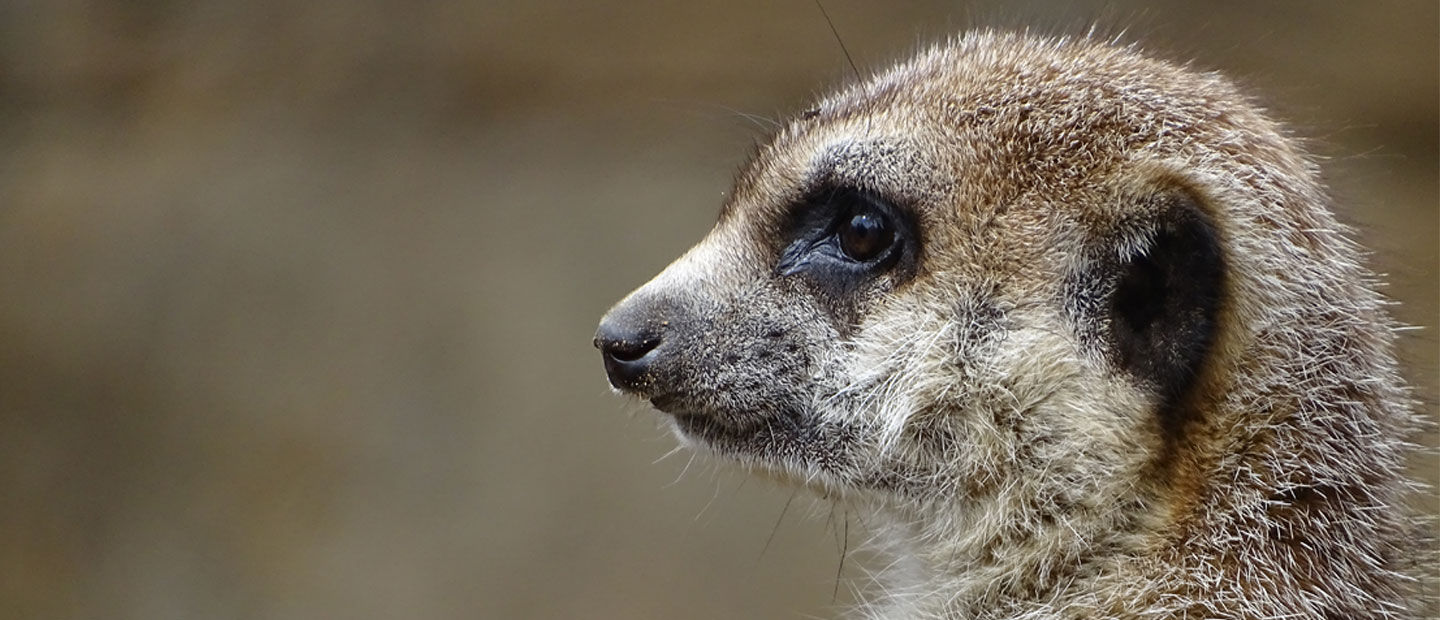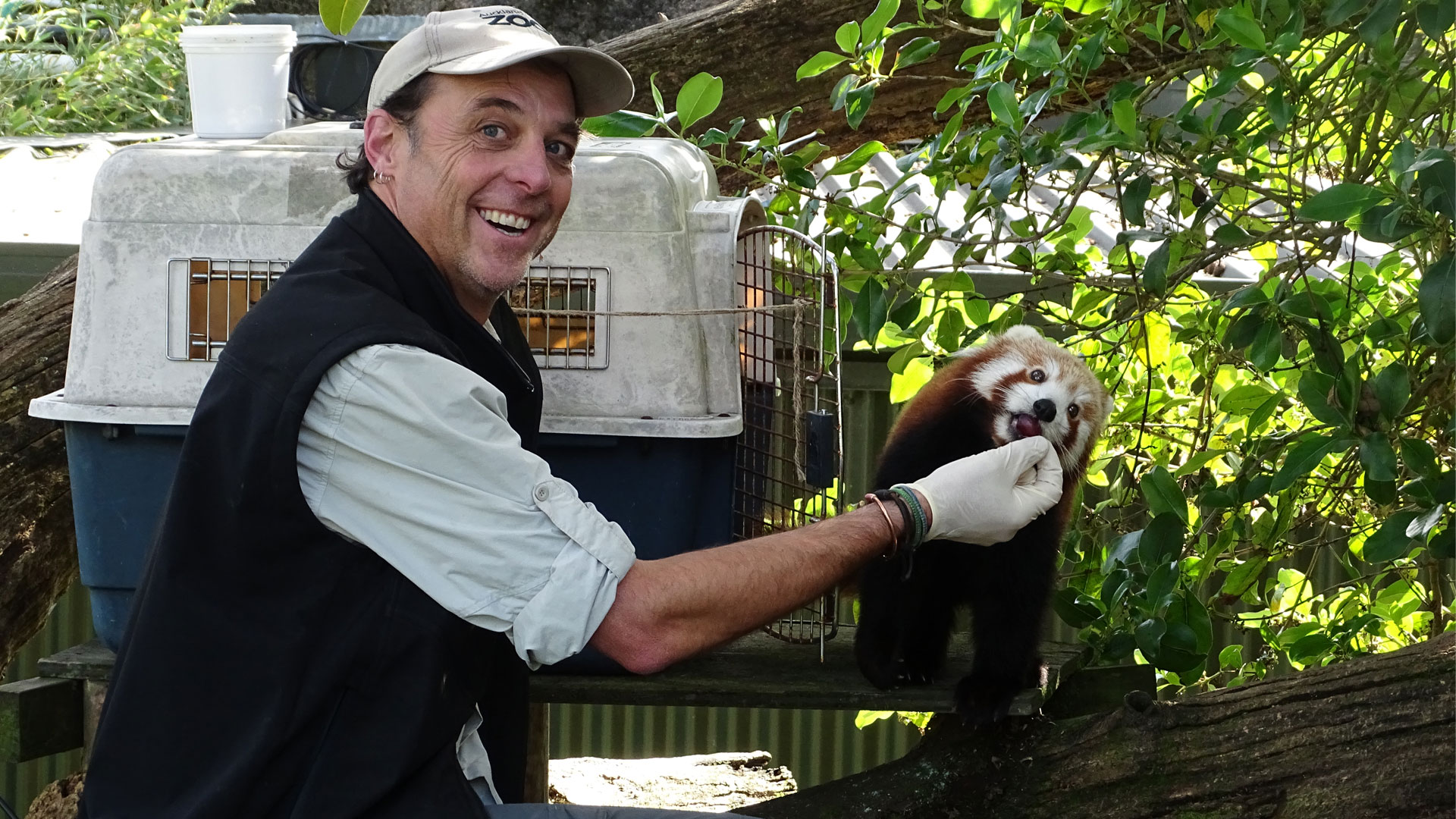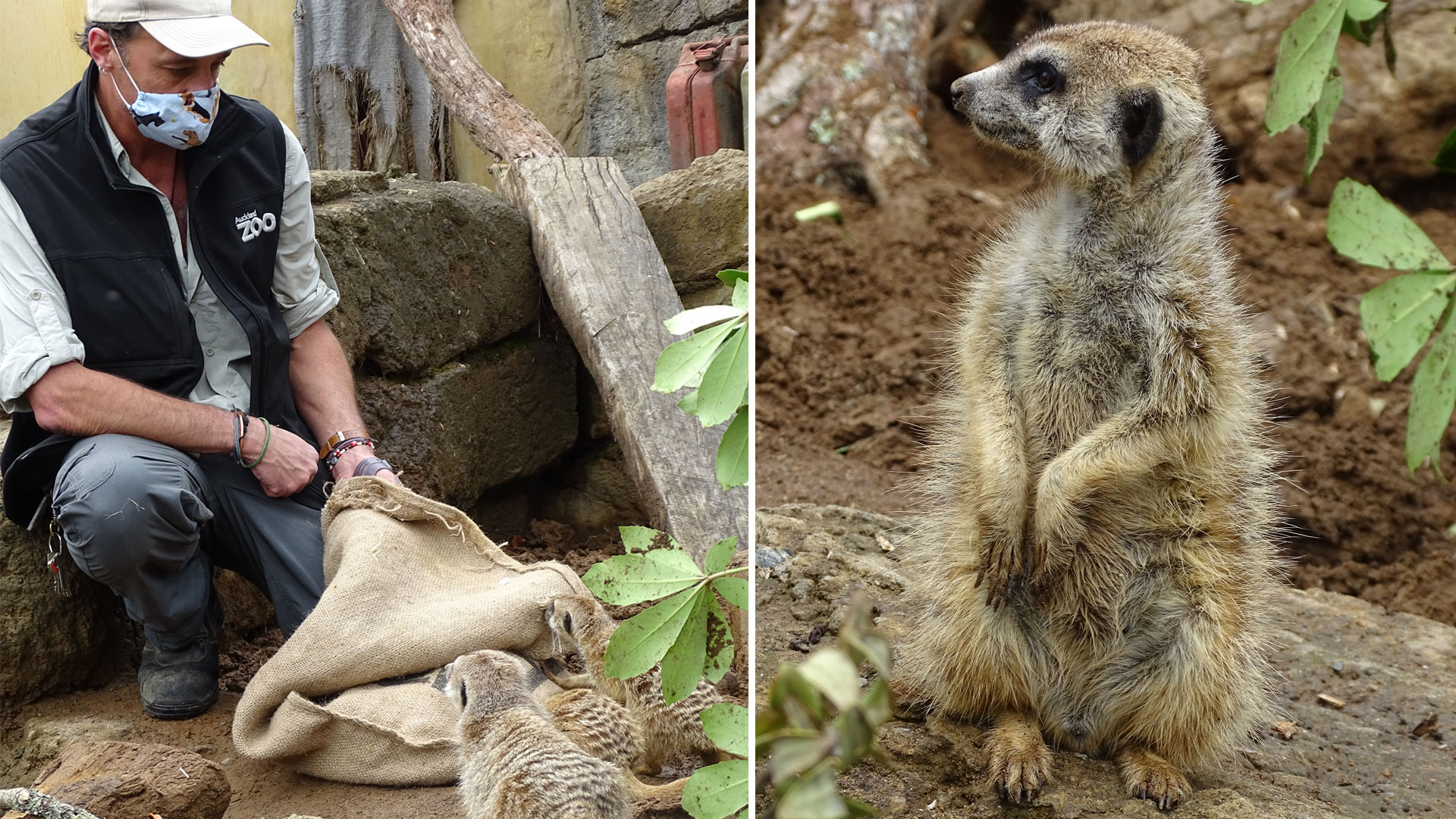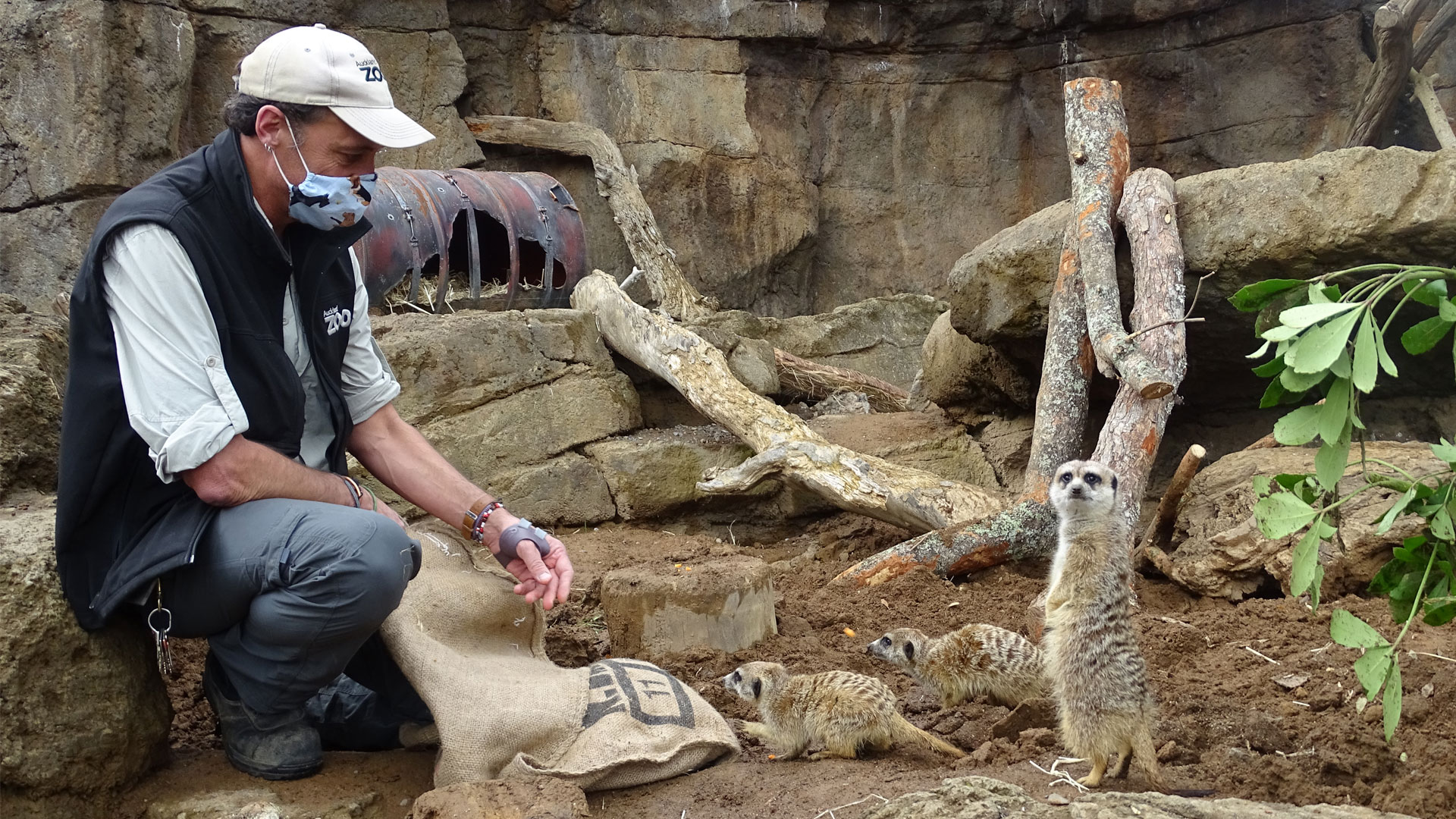After a successful 25-year career as a winemaker, Toby Cooper has his glass full again with life as an Auckland Zoo multi-team keeper and study - for a Bachelor of Science, majoring in animal management and biodiversity.
There’s boundless enthusiasm from the 50-year-old who describes his second career as “living the dream” – a dream with a big vision and exciting conservation aspirations!
Securing one of the Zoo’s new and highly sought-after multi-team keeper roles in May follows Toby completing Unitec’s New Zealand Certificate in Animal Management in 2020, and two years of volunteering with us, assisting both the primate and carnivore teams. At the same time, he was also volunteering with the SPCA and Ark in the Park (Waitākere Ranges).
Toby’s been assigned to both the carnivore and primate teams and will also be doing Wild Work - heading out with other Zoo staff and partners to work on vital wildlife conservation field projects throughout Aotearoa.
However, with the COVID-19 lockdown here in Tāmaki Makaurau, his mahi for now, is safely confined to the carnivore team bubble with carefully distanced teammates, along with red pandas, otters, meerkats, lions, cheetahs, Tasmanian devils, porcupines, and wallabies. In time though, there’ll be further training on more animal sections to gain the knowledge and experience to have the flexibility to work where he’s most needed.





